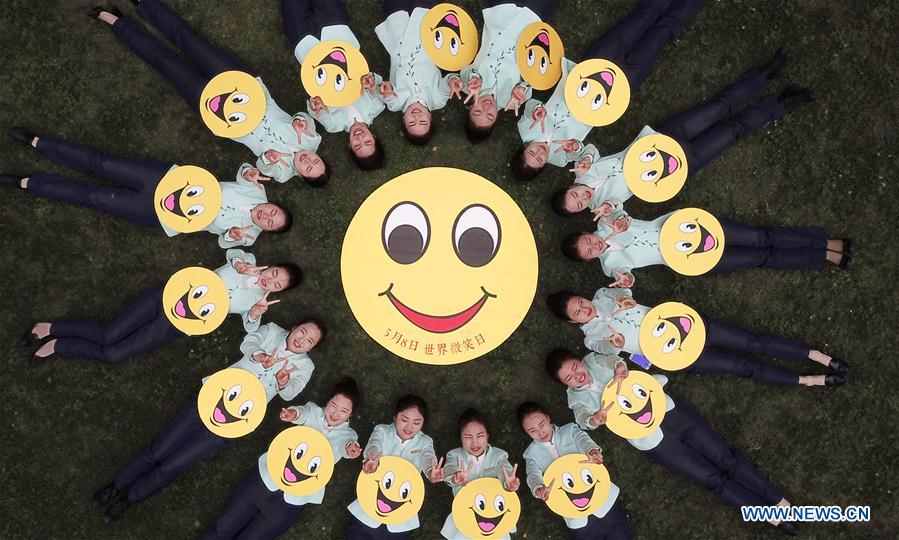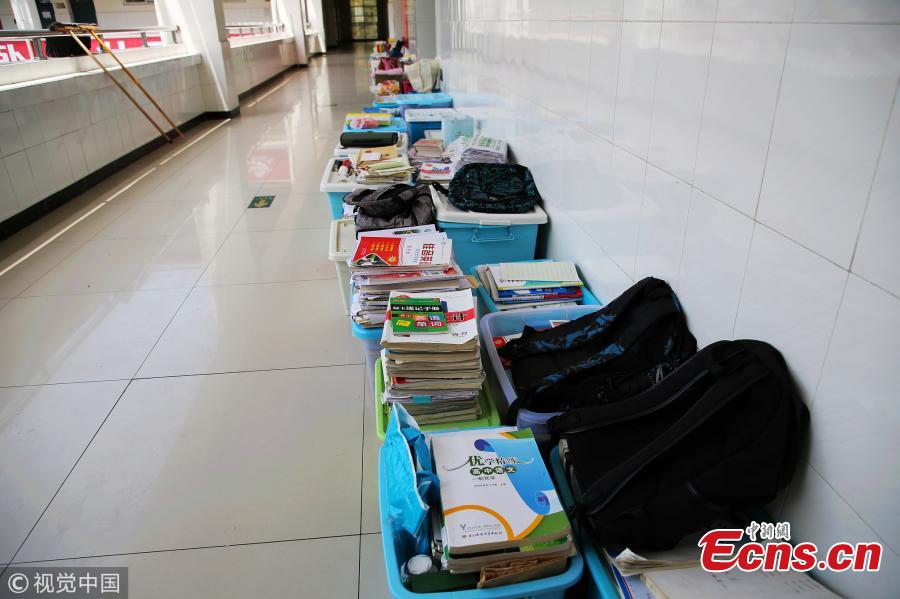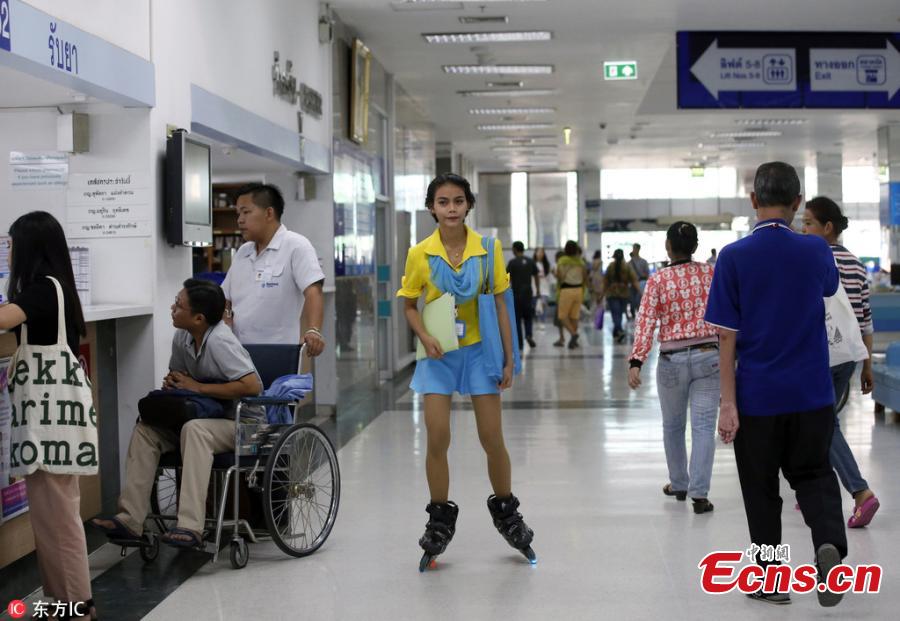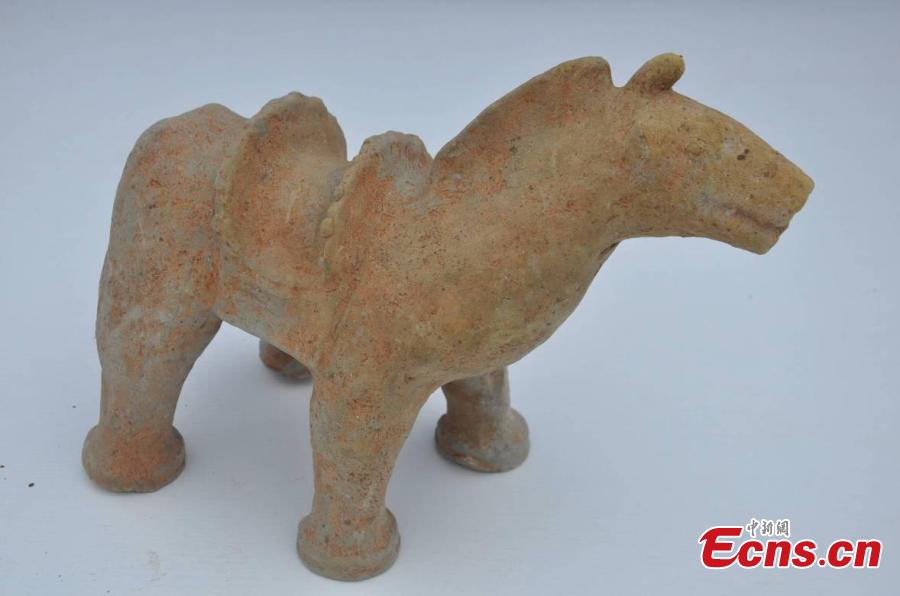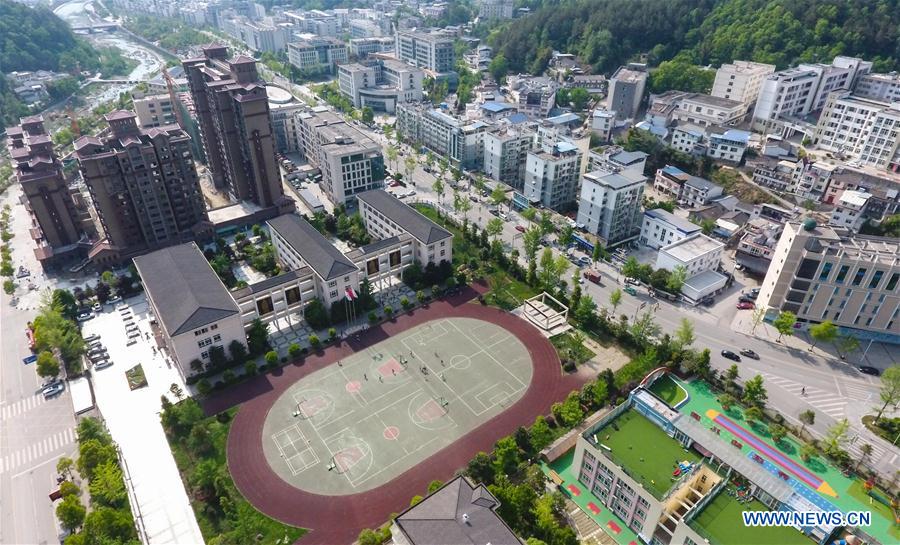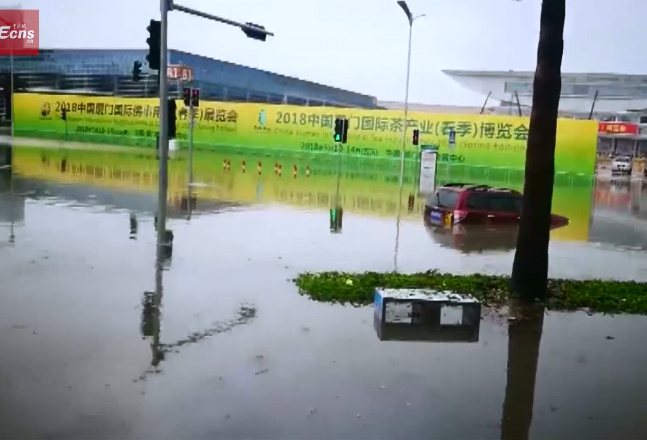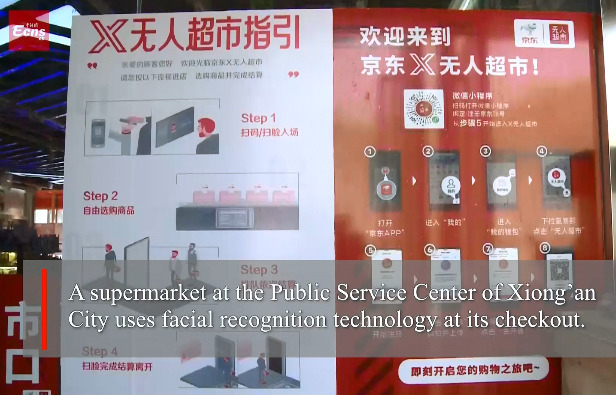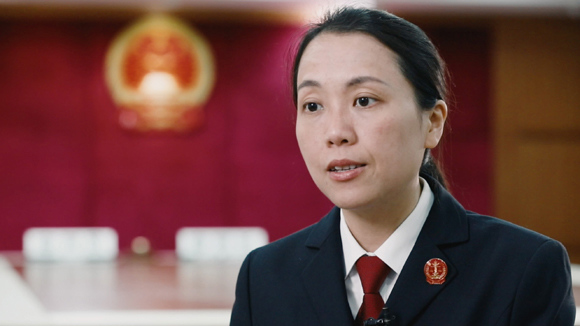
Chen Haiyi. (Photo/CGTN)
Twenty-four years ago, China passed a law creating a juvenile justice system to handle crimes committed by minors up to the age of 16.
Chen Haiyi, from China’s southern city of Guangzhou, has been a juvenile court judge for over two decades. This year, she served for the first time as member of the National People’s Congress (NPC), where she's advocating for the use of big data to prevent juvenile crimes. [Special coverage]
For many people, juvenile offenders face a bleak future. But for Chen, they deserve to be given another chance.
She has heard over 4,000 cases involving minors in the past 21 years, and said no offender committed a crime again after walking out of prison.
Helping young offenders find new schools or jobs has always been part of Chen's work.
For her care and compassion, Chen has earned the moniker: Mother Judge.
But her dedication hasn't always elicited a good response. "The society today has a misunderstanding of judicial jurisdiction. They think we’re too protective or too tolerant of young offenders who, as a result, fear nothing,” Chen said.
According to a report by the Supreme People’s Court, there were nearly 36,000 juvenile offenders in China in 2016. Most of them were tried for theft, robbery, and intentional assault, who tend to come from rural areas, suffering from family abnormalities and receiving little education.
But more detailed statistics and national surveys do not exist at the moment, and some of the numbers contradict each other.
So Chen has a suggestion for this year’s NPC. “With privacy protection as a precondition, we need to set up a big data platform to analyze a young offender’s family background and education level, and to track their record after they get out of prison. So that we can establish an early warning system to prevent them from making mistakes."
Chen also hopes the big data platform can provide evidence that minors who broke the law are not as harmful as others think they are. “We need to make rational decisions supported by data, instead of advocating lowering the age of criminal responsibility because of extreme cases. Punishing more juvenile offenders or imposing stiffer penalties are not the best ideas.”
While she could help only the defendants she meets in court, Chen said improving the system can save many, many more children.












